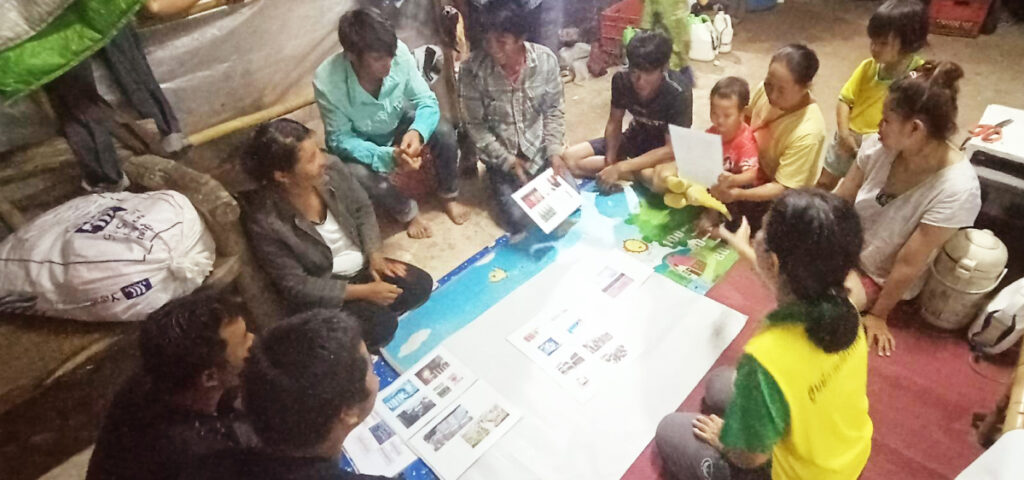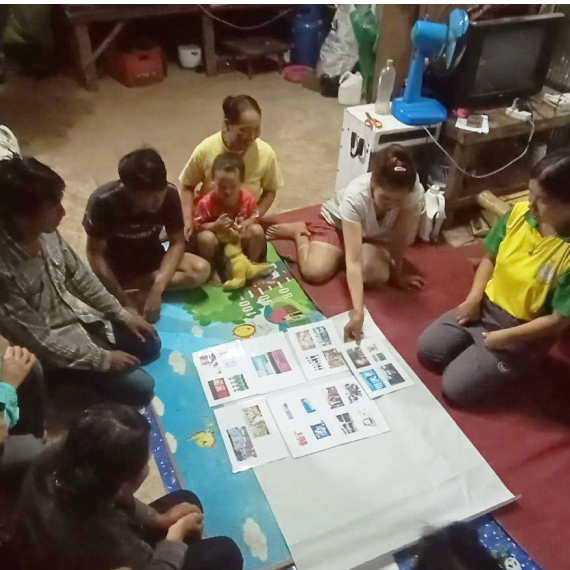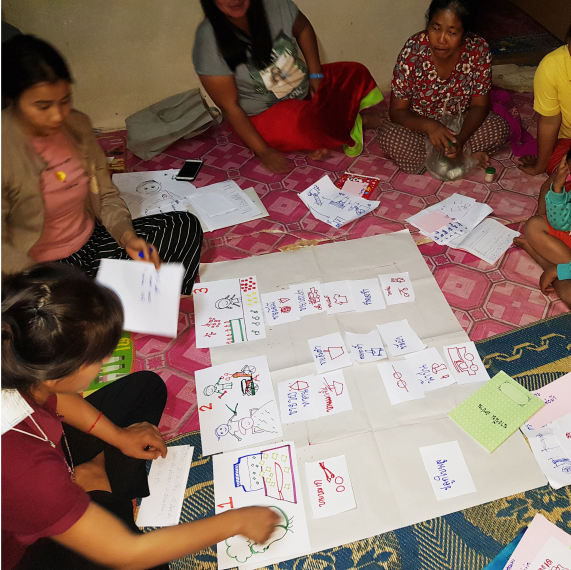Tools that build understanding
The task of addressing the diverse needs of even a fraction of the more than 4 million migrant workers in Thailand is not something that can be done alone.
That’s why our partners were among the local leaders—men and women—who formed a coalition of 10 organizations representing provinces from north to south focused on advancing the rights of those in the migrant community. Within this consortium, they then formed thematic working groups on citizenship and statelessness, education, and reproductive health.
In a one-week meeting of the third working group, an idea emerged to create a groundbreaking sexual and reproductive health curriculum that could be used to improve comprehension of the topic specifically among migrant youth, to broach the topic of gender, and to introduce issues affecting the LGBTQI community. Members of the working group explained that while other reproductive health education materials existed, they had not been geared towards the unique challenges facing the young non-Thai population residing in the country. This curriculum, they proposed, would address this contextual gap, and be translated into at least four local languages to be used across their networks.
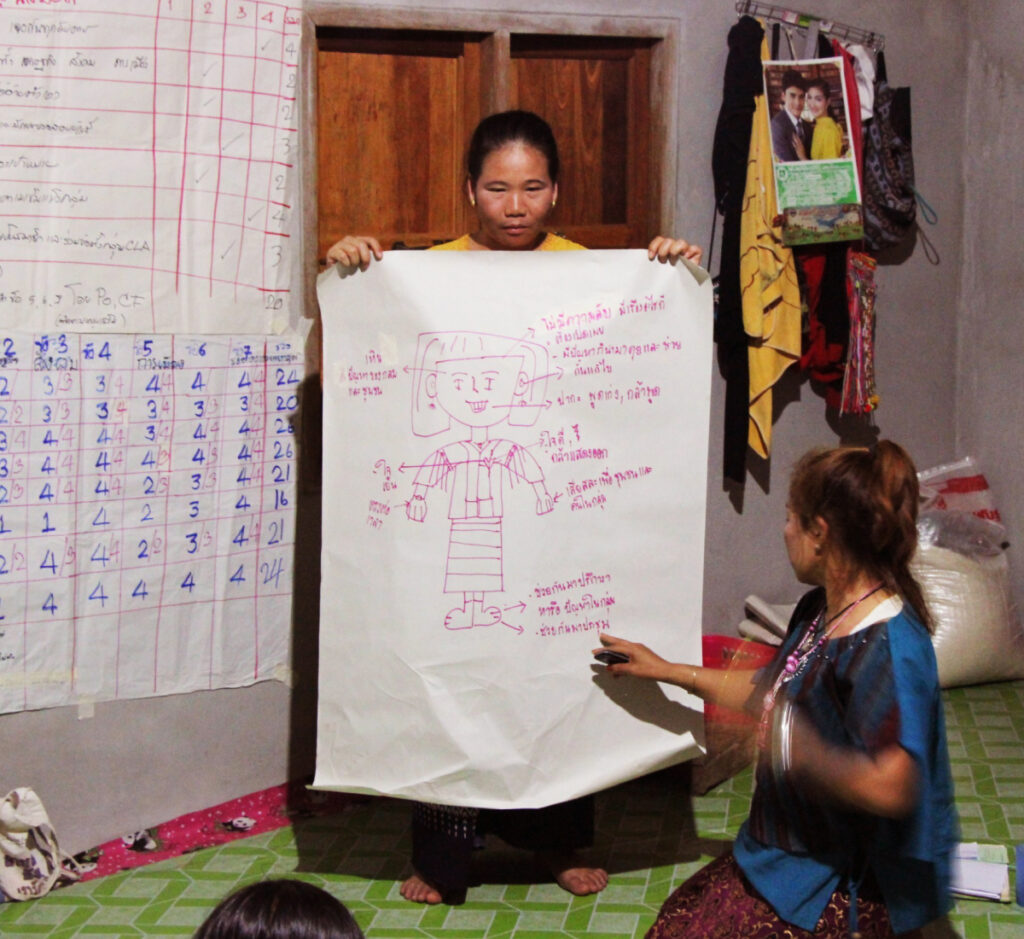
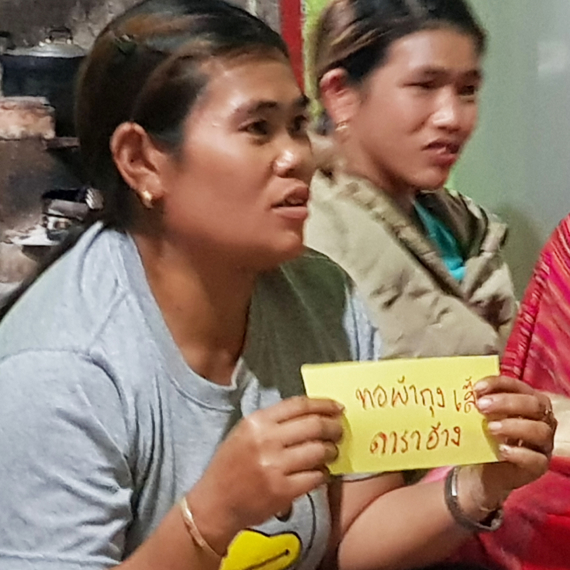
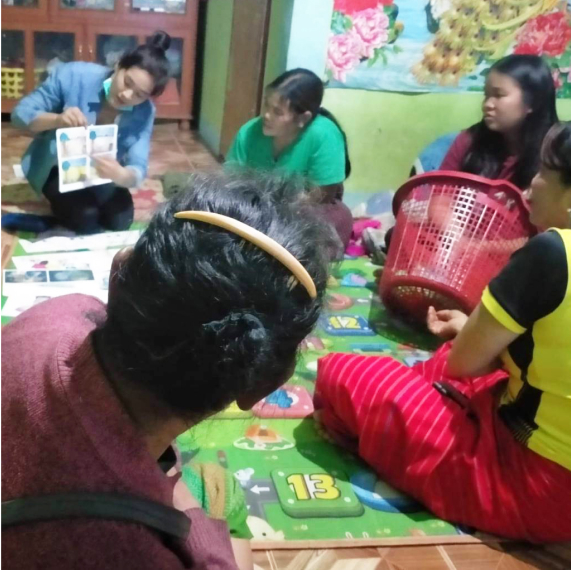
One of the activists behind the initiative described it to us as a “tool to educate and build understanding.”
Upon the request of these groups, Partners Asia provided the financial support required for the development of this work. This included learning about the topic internally, selecting areas of focus most relevant to their respective communities, creating materials and piloting activities, meeting three times a year to review these materials, as well as creating support networks that would provide consulting and mentoring for one another both in-person and remotely.
“Involvement in this working group has increased solidarity, improved advocacy efforts and brought other local leaders to the table from across the country who share a resolve to improve the awareness of youth who have limited access to information on reproductive health and what it means to be LGBTQI,” one of our staff members overseeing our support for the initiative said.
